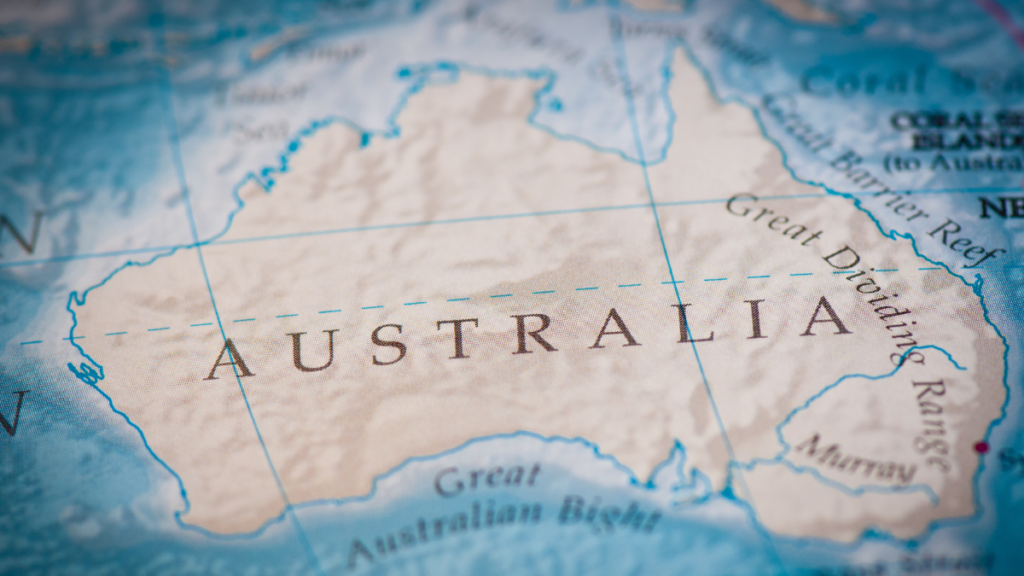In a pivotal moment for reconciliation and unity, Australia has cast its vote in a constitutional referendum. The referendum, initiated by Prime Minister Anthony Albanese, sought to include Indigenous people, the First Nations, in the country’s constitution. This historical vote aimed to establish an Indigenous advisory body to Parliament, providing greater representation for Aboriginal and Torres Strait Islanders. However, as results emerge, it becomes clear that Australia has rejected this transformative proposal. This article delves into the details of this crucial vote, exploring its implications and the road ahead for Australia’s Indigenous population.
The referendum, seen as a significant step towards reconciliation with Indigenous Australians, faced formidable opposition. Polls conducted ahead of the vote indicated widespread resistance to the proposal. Many Australians expressed concerns that the establishment of an Indigenous advisory body would divide the country along racial lines. Moreover, there was a prevailing lack of clarity on how this proposed body would operate, fueling skepticism and opposition.
For a constitutional amendment in Australia, a “double-majority” is essential, necessitating the support of at least four of the nation’s six states. This intricate process adds to the challenge of achieving constitutional changes. At this stage, projections suggest that the states of New South Wales, Tasmania, and South Australia have voted against the proposed Indigenous advisory body, dealing a severe blow to the referendum’s success.
The outcome of this constitutional referendum represents a substantial setback for reconciliation efforts with Indigenous Australians. Prime Minister Anthony Albanese, who had championed this initiative, had hoped that it would unite Australians. Instead, the results have laid bare the division within the country and have sparked allegations of racism.
During his campaign for the constitutional amendment, Prime Minister Anthony Albanese exhibited emotional involvement and commitment to the cause. The referendum’s failure is not just a political blow but also a personal one. The prime minister’s emotional investment in this initiative is evident, making this setback even more poignant.
Australia’s history of referendums is marked by challenges in securing popular support. Since Federation in 1901, only eight out of 45 referendums have achieved success. The constitutional amendment proposed in this referendum adds to this legacy of missed opportunities and indicates the complexities involved in changing Australia’s constitution.
In a turning point for Australia’s Indigenous population, the constitutional referendum for including First Nations people has ended with a majority rejecting the proposal. Despite good intentions and hopes for unity, the referendum faced deep-seated opposition and concerns regarding its implications. The political implications of this decision reverberate across the nation and highlight the challenges that lie ahead for achieving reconciliation. As Australia grapples with this outcome, the path forward for addressing Indigenous representation and rights remains uncertain.
